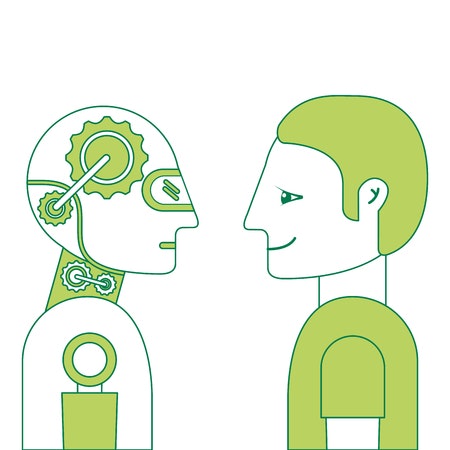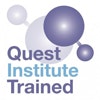Self-optimisation

I was listening to a podcast with Marian Keyes, the author the other day and I was interested in her view of life around the expectation we have around what she identified as ‘self-optimization’.
I didn’t understand what she meant so I went to look it up and found that it is about perfection and is the goal of many self-improvers. So that by treating their lives as systems to be hacked, they believe they can optimise their wealth, productivity, happiness, health, and intelligence.
Its something I come across a lot in the industry I work in, particularly around so-called ‘life coaching’, being about wringing every ounce of productivity from our lives in every sense of the word by optimising one’s productivity and material success over living a meaningful life.
She questioned the idea that we must be constantly learning and bettering ourselves and how that is a tough way to live, how instead we could go through something awful like infertility or cancer and come back and say, ‘that was really horrible and I learned nothing except how unpleasant it is to not get what you want’.
Having had cancer myself and taken some useful learnings from the experience, it’s also true that sometimes life just sucks and there isn’t always learning….or as a good friend commented ‘another bloody life lesson!’
Its less about self-pity but more about taking the opportunity to explore your feelings and how to process them, because living life this way means that you are never in the now, that you are always focussed on your next challenge or learning. Life is hard enough, challenges arrive all the time, and living with them can be very difficult without the emphasis being on the future when you need to be fully present.
So instead, how about focussing on being kinder to oneself, reducing the expectation and need to glean every ounce of productivity from every challenge, which means we can find contentment in the small things, just as many of us have learned to do during this current pandemic. Using what energy we feel we have available to us in a way that means we can live more fully in the now and enjoy life.
Because who is keeping score? We can strive to be better versions of ourselves without feeling ashamed of what we haven’t achieved and letting go of the idea that we should be good at everything, which is in itself exhausting. It is so often the thing that brings clients to therapy because this kind of perfection is a kind of tunnel vision and risks a sense of failure that can lead to feelings of inadequacy, mental health problems and the danger of falling, we are not robots to be improved but human beings with all that that entails.








